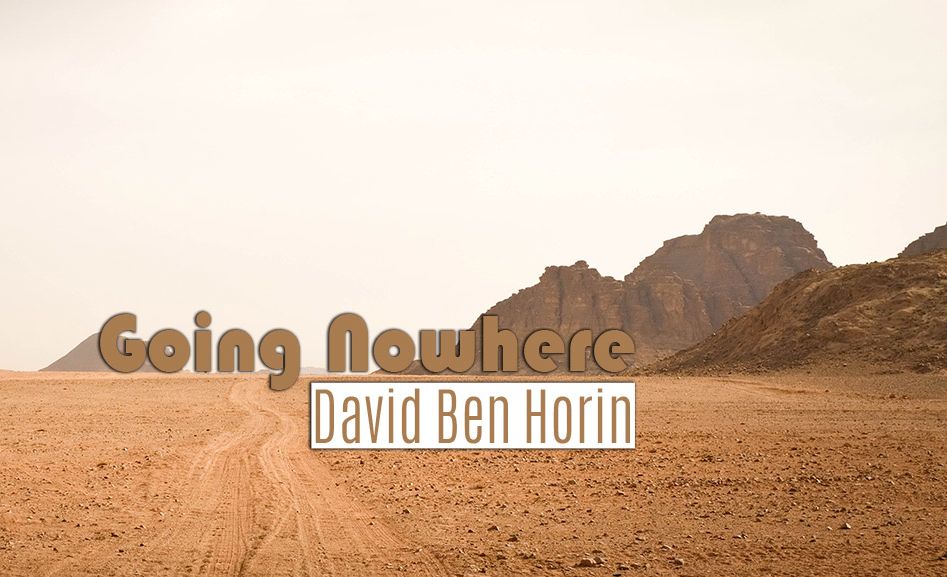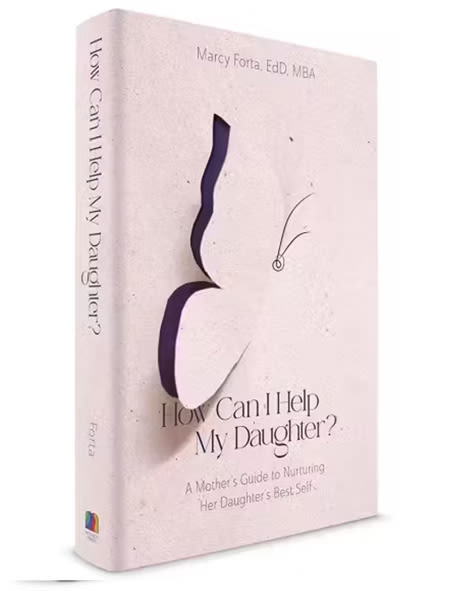
To Be a Dreamer
It’s amazing how we take things for granted. Some of the most important insights of life can stare us right in the face. We look at them, read them...

To Be a Dreamer, Part 1
They said to one another, “The dreamer is coming. Let’s kill him and throw him into one of the pits. We will say a wild animal has eaten him; then we will see what will become of his dreams.” (Bereishit 37:19-20)
Heaven said this: They say that they will kill him, but the posuk finishes by saying, “We will see what will become of his dreams” — We will see whose comes true, yours or Mine! For, it is impossible that they should say, “We will see what will become of his dreams”, since as soon as they would kill him his dreams would become annulled. (Rashi)
It is amazing how we can take things for granted. Some of the most important insights of life can stare us right in the face, and we will look at them, read them, understand them, even tell others about them, and yet not fully comprehend the full extent of their crucial meaning. We can listen to what they have to say and never hear what they are trying to tell us.
It is true that Yosef came from an illustrious family, but viceroy of Egypt within 12 short years? One day he is 17 years old and disrespected by most of his brothers, certainly not a leader even in his own family, and a decade later he is commanding the largest and most influential country in the world in his time! It was quite a transformation.
Was Yosef’s situation unique, is he just a hero-figure from the past, or is he meant to be a source of great inspiration for all of us regarding our own potential to succeed? Is there another message behind his story besides the usual ones of judging others favorably, and avoiding the biases of jealousy and hatred?
“Well, had God gone not been part of his picture he never would have survived let alone see the fulfillment of his amazing dreams!” one might argue.
There is no question that, without God, survival and success are impossible. However, the bigger question here is, why was God so involved in Yosef’s life, and not as much in the lives of his brothers? Why did his life tend towards success …
His brothers said to him, “Do you want to reign over us? Do you want to rule over us?” (Bereishit 37:8)
Yosef was the ruler over the land … Yosef’s brothers came and bowed down to him, their faces to the ground …” (Bereishit 42:6-9)
… while theirs slid toward disaster: Shimon and Levi in Shechem, the sale of Yosef, Yehudah and Tamar, etc.
Why was success particularly “attracted” to Yosef:
God was with Yosef, and he became a successful man; and he remained in the house of his Egyptian master. His master perceived that God was with him, and whatever he did God made succeed in his hand. (Bereishit 39:2-3)Pharaoh said to his servants, “Is there a person like this, who has the spirit of God in him?” Then Pharaoh said to Yosef, “Since God has made all of this known to you, there can be no one as understanding and as wise as you. (Bereishit 41:38-39)
The daughters of Egypt used to climb up to gaze at his beauty … many daughters climbed, each of them to any place from which she could best obtain a glimpse of him. (Rashi, Bereishit 49:22)Raised above the eye: the Evil Eye will have no effect on him. (Ibid.)
The answer is simple: he dared to dream.
Unfortunately, his brothers did not.
This is why just after their father departed this world, they lied to Yosef to save their lives, giving Yosef reason to cry:
After he buried his father, Yosef returned to Egypt, he, his brothers, and all those who had gone up with him to bury his father. Yosef’s brothers, because their father had died said, “Maybe Yosef will hate us and repay us for all the evil that we did to him.” They ordered [someone] to say to Yosef, “Your father commanded us before his death to say to Yosef, ‘Please forgive the crime of your brothers and their guilt, though they have done evil to you’. Please forgive the crime of the servants of your father’s God.” Yosef wept when they spoke to him … (Bereishit 50:15-17)
Why did Yosef cry? He knew that they were lying because he knew that Ya’akov never would have suspected him of lifting a finger against his brothers. Did they offend him? If yes, wouldn’t anger have been a more appropriate response than tears?
Unless, of course, he wasn’t crying for himself, but for them. Yosef cried, not just for his immediate family but for all their descendants who would become enslaved in Egypt — and who knows how many other exiles after that — because of the very mentality his brothers exhibited in fashioning their lie. He cried because, in spite of all they had gone through together and all that Yosef’s life taught them, they still had not understood the message.
While Yosef dreamed, his brothers focused on nightmares, such as Yosef becoming the leader of the Jewish people one day, and literally brought them about.
Making a last-ditch effort to save the day, Yosef added:
Yosef said to them, “Don’t be afraid. Am I in place of God? You decided to do evil to me, but God decided it should be for the good …” (Bereishit 50:19-20)
In other words, weren’t you amazed at how the universe rearranged itself to protect me and help me to succeed? In spite of your plans to eliminate me, nothing worked. You threw me into a pit with snakes and scorpions, and nothing bit me. You sold me to Arabs who normally sell kerosene, but the ones that bought me sold pleasant-smelling spices. They sold me to the chief-butcher who made me second-in-command over his house.
Think about it: Even the entire episode with Potiphar’s wife was only a stepping stone to get to where I am today. That landed me in jail, and there I was put in charge in order to meet the wine steward, whose dreams I interpreted as a way to earn the right to one day interpret Pharaoh’s dreams. Incidentally, Pharaoh was only made to dream so that I could leave jail and rise to the position of second-in-command over the entire Egypt! A Jewish slave, viceroy over Egypt!
If you are asking yourself why that was the case, the answer is:
Though Yosef recognized his brothers, they didn’t recognize him. Yosef remembered his dreams … (Bereishit 42:8-9)
***
Pinchas Winston is the author of over 95 books on various topics that deal with current issues from a traditional Jewish perspective. He has also written on the weekly Torah reading since 1993, called “Perceptions”, as well as on current topics and trends affecting Jewish history, past and present. One of his missions is to make the depth and beauty of the more mystical teachings of Torah understandable and accessible to those who can really benefit from them. Visit his website at thirtysix.org.














Tell us what you think!
Thank you for your comment!
It will be published after approval by the Editor.